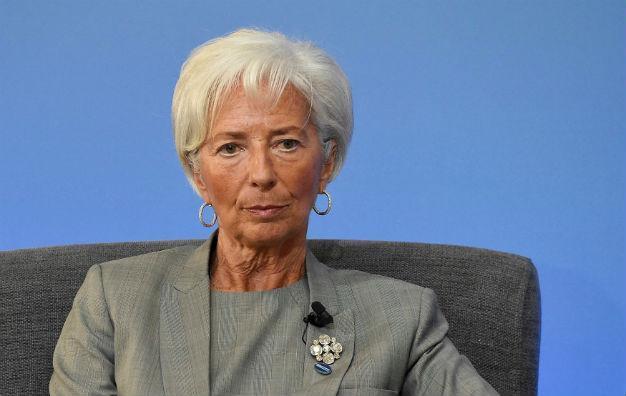Brexit hit to UK would be from ‘pretty bad to very, very bad,’ warns IMF’s Lagarde
LONDON - Reuters

REUTERS photo
The hit to Britain’s economy if it votes to leave the European Union would range from “pretty bad, to very, very bad,” International Monetary Fund (IMF) Managing Director Christine Lagarde said on May 13.“Depending on what hypotheticals you take, it’s going to be pretty bad to very, very bad,” Lagarde said at a press conference in London.
Earlier, the IMF said Britain risks falling into a self-reinforcing cycle of weaker economic growth and lower house and share prices if voters opt to leave the EU in a June 23 referendum.
“A vote for exit would precipitate a protracted period of heightened uncertainty, leading to financial market volatility and a hit to output,” the IMF said in a report published on May 13.
A sudden stop in investment into key sectors of the economy such as commercial real estate and finance could exacerbate Britain’s record-high current account deficit, the IMF said.
“Such market reactions could sharply contract economic activity, further depressing asset prices in a self-reinforcing cycle,” the IMF said.
The warnings came in an annual report by the Fund on Britain’s economy.
The report said following a Brexit, it could take Britain years to renegotiate trade deals with the EU and other world economies, hitting investment and weighing heavily on economic sentiment.
The Fund repeated a warning made last month that the shock of Britain deciding to leave the EU could upset the global economy.
Contagion risk
“Contagion effects could result in spillovers to regional and global markets, although the primary impact would be felt domestically,” the report said.
“While there is wide uncertainty around the market reaction to a leave vote, as the historical experience with similar events is limited, it is expected to be negative and could be severe.”
On May 12, the Bank of England said Britain’s economy would slow sharply, and possibly enter a brief recession, after a vote to leave the EU. But the BoE did not provide detailed forecasts for how big a blow Brexit would deal to the economy.
The Organization for Economic Co-operation and Development has also warned that a Brexit would hurt Britain’s economy. It said on April 27 that British voters risk paying a “Brexit tax” equivalent to a month’s salary by 2020 if they left the EU.
The predictions of an economic hit do not appear to have swayed many voters. Opinion polls show Britons believe staying in the EU would be best for the economy but they remain evenly divided on how they intend to vote on June 23.
















